Understanding the Difference: VA ECMO vs VV ECMO
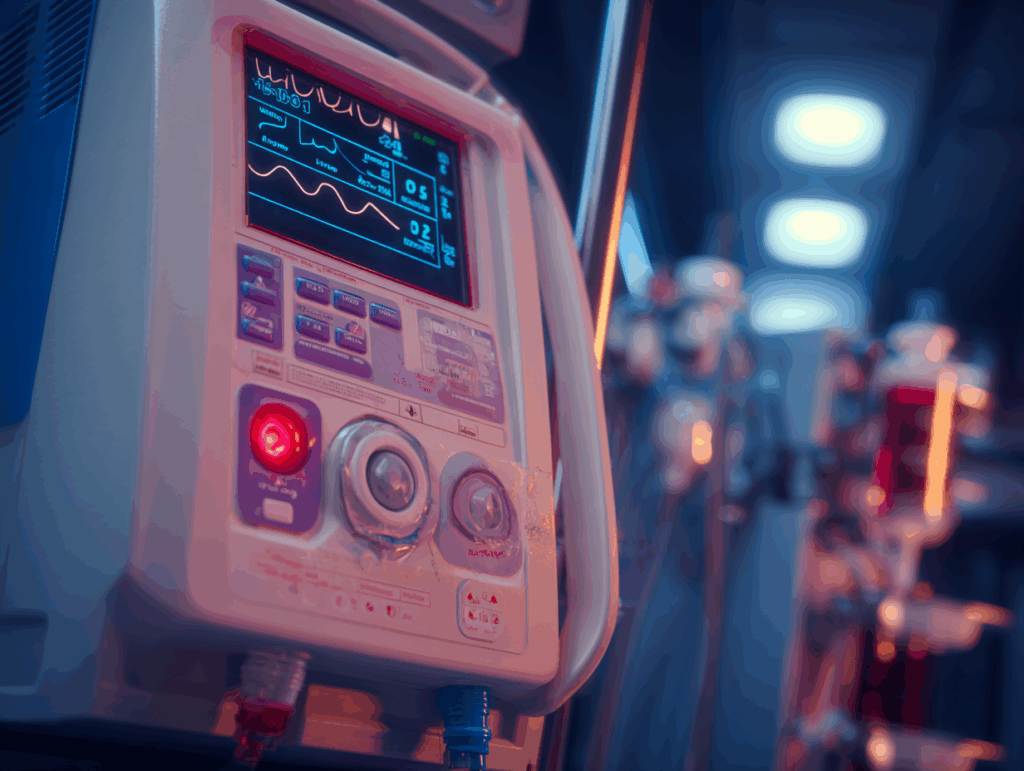
VA ECMO vs VV ECMO: What’s the Difference and Why It Matters for Your Hospital Program
Understanding the difference between VA ECMO and VV ECMO is essential for hospitals building or expanding ECMO capabilities. This guide breaks down their clinical uses, strategic implications, and what every hospital leader should know before launching a program. From patient types to staffing and reimbursement, learn how to build an ECMO service that performs.
To Prone or Not to Prone: Navigating Mixed Evidence for Positioning During ECMO

Should patients on VV-ECMO be placed in the prone position? This article explores the evolving body of evidence — from observational studies to the PRONECMO randomized trial — and what it means for hospitals managing ARDS cases with ECMO support. Learn why prone positioning remains a debated intervention, what subgroups may benefit most, and how IEC encourages an individualized, safety-first approach grounded in both data and bedside experience.
AI and ECMO: The Future of Mortality Prediction in Critical Care

A new study using machine learning to predict 28-day mortality in VA ECMO patients could change how we manage risk in the ICU. With over 93% predictive accuracy using routine clinical data, this AI-driven model (eCMoML) offers ECMO teams a practical, real-world tool for patient selection, care planning, and resource optimization. Learn why this breakthrough matters—and how it could support your hospital’s next evolution in ECMO.
Expanding ECPR’s Role in Perioperative Care
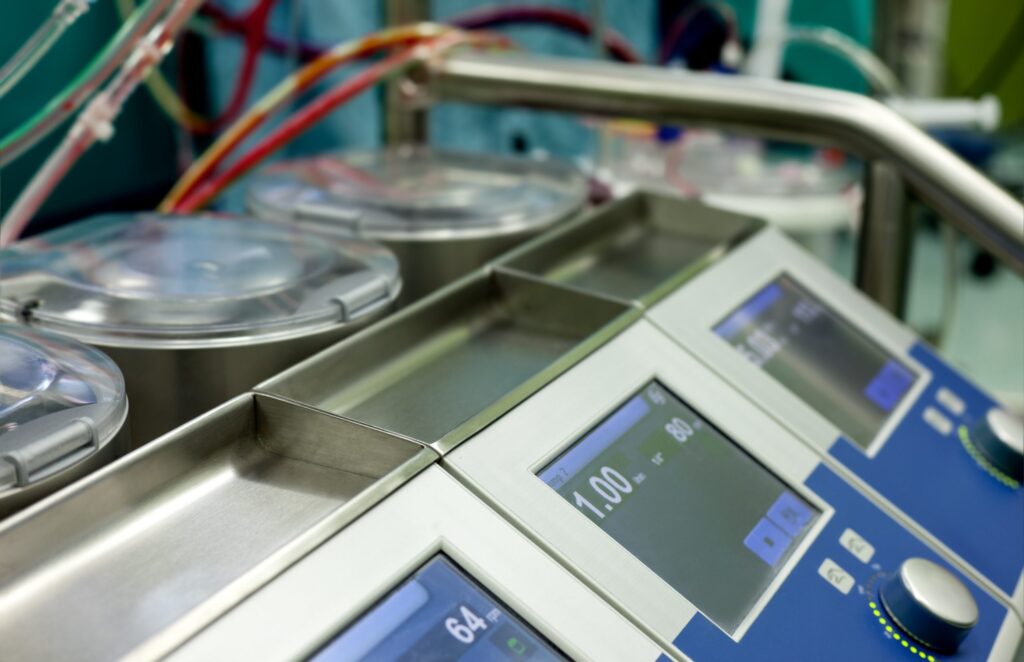
Cardiac arrest during surgery or interventional procedures is rare—but when it happens, every second counts. A new study from UCLA reveals that implementing a rapid-response ECPR protocol during the perioperative period can dramatically improve survival rates, far outperforming standard resuscitation in high-risk environments like cath labs and ORs. Learn how structured perioperative ECPR programs can bridge the gap between access and action—and why hospitals can’t afford to wait.
4 Key Benefits of Becoming an ECMO Specialist for Nurses and Respiratory Therapists

If you’re a critical care nurse or respiratory therapist ready to break through the ceiling of your career, ECMO specialization offers a powerful path forward. From mastering advanced life-support skills to joining elite teams and improving patient outcomes, ECMO expertise elevates your professional impact—and your earning potential. Discover how to become the specialist every ICU needs.
Addressing the Critical Need for ECLS Staffing Solutions in Healthcare

The demand for extracorporeal life support (ECLS) has never been higher—and neither has the staffing gap. Understaffed ECMO programs delay care and put patients at risk. At IEC, we help hospitals build flexible, high-performance ECLS teams with turnkey staffing models, national talent pipelines, and scalable training. Because saving lives starts with staffing smart.
New Methods to Guide Fluid Management in Prone ECMO Patients

A new study reveals practical, ultrasound-based tools that help clinicians accurately predict fluid responsiveness in prone VV-ECMO patients—a group long considered difficult to assess. At IEC, we equip programs with the training and protocols to use these tools confidently, helping teams protect lungs, improve outcomes, and manage the tightrope of ARDS care with clarity.
New Research Highlights Benefits of Blood Cell Salvage During ECMO Decannulation
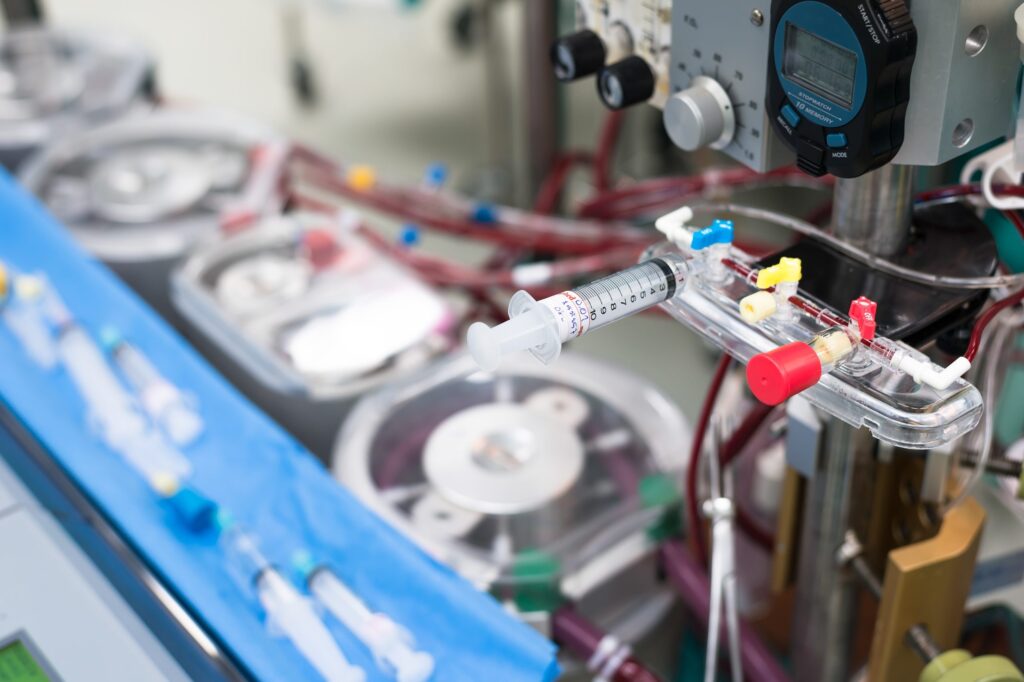
A groundbreaking study in Critical Care reveals that blood cell salvage (BCS) during ECMO decannulation can reduce transfusion needs by 50%. At IEC, we help hospitals lead with evidence by building protocols that conserve blood, protect patients, and optimize every step of ECMO care—from cannulation to decannulation.
Beyond Survival: The Critical Need for Post-ECMO Care
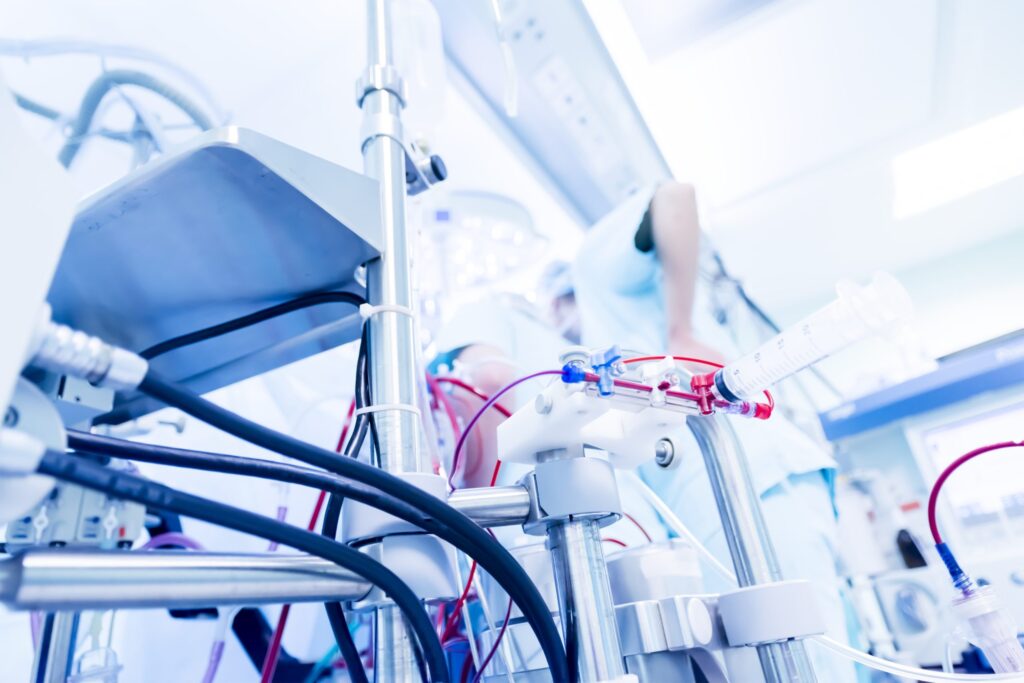
ECMO saves lives—but that’s just the beginning. New research shows ECMO survivors face lasting physical, mental, and social challenges. At IEC, we believe programs should be built not just for discharge—but for full recovery. That’s why our ECMO strategy integrates long-term patient outcomes from day one.
ECMO’s Expanding Horizons: From Life Support to Surgical Innovations
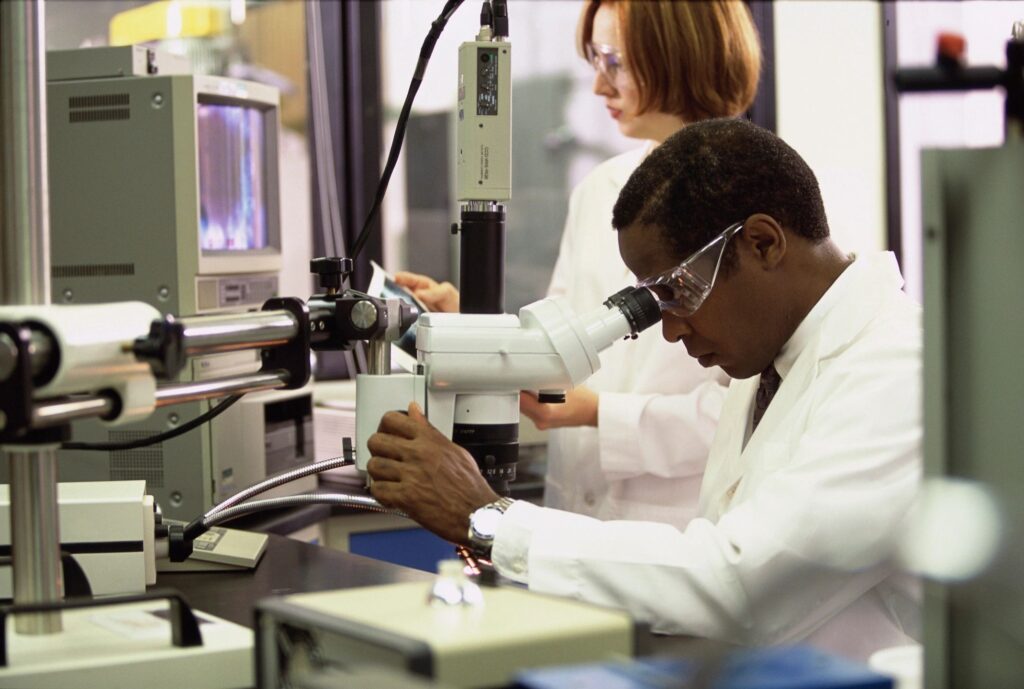
A new case report proves what our teams have long believed—ECMO isn’t just life support. It’s surgical support. From complex airway procedures to mediastinal masses, ECMO is enabling surgeries that once seemed impossible. At IEC, we’re pioneering the use of ECMO as more than a backup—it’s now a frontline tool for surgical innovation.
